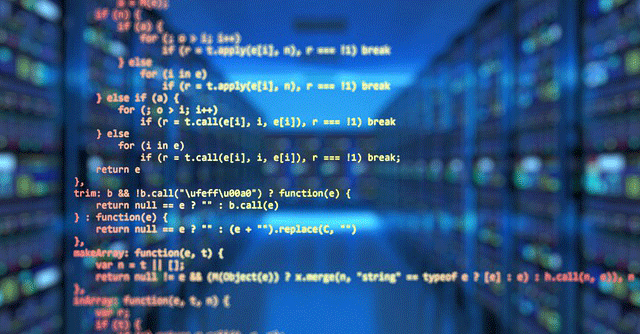
IIT researchers develop algorithm to cut cost of data management in IoT devices


Researchers from the Indian Institute of Technology (IIT) Jodhpur, IIT Kharagpur and Indian Institute of Information Technology (IIIT) Guwahati have teamed up to perform research in the area of Internet of Things (IoT). The proposed approach minimises the cost of data management while providing effective service architecture for end-users.
Dr. Suchetana Chakraborty, Assistant Professor, Department of Computer Science and Engineering, IIT Jodhpur, explained that in the existing IoT systems, “data is transmitted between objects and systems through the internet. Such data transmission and management are currently packaged into disjoint ecosystems”.
“For example, IoT systems that work within one operating system on devices cannot cross-talk with those devices managed by the other operating systems,” said Dr. Chakraborty, adding that “such an architecture raises a fundamental question, how can multiple applications best utilise and control a single IoT setup?”

Further, each ecosystem runs independently and is mounted on its own cloud or edge server, which leads to wastage of resources. “We sought to address the above two problems of resource wastage and data irrelevance through development of novel algorithms,” she explained.
The team has developed architectures and algorithms to enhance the efficiencies of data collection and transmission associated with IoT devices and applications, through a pre-processing framework, called CaDGen (context-aware data generation). By evaluating the performance of CaDGen under diverse setups, the researchers noted promising results in terms of network resource utilisation, scalability, energy conservation, and distribution of computation for optimal service provisioning.
“By filtering the data irrelevant to the running application, the context analysis method could achieve nearly 35% reduction in the generated data for a moderately dynamic scenario without compromising on the data quality,” she said.

“We believe that such an approach can suit various smart environments in a connected living setup that minimises the cost of data management while providing effective service architecture for end-users,” Dr. Chakraborty added.
The findings of the research have been published in the journal, Future Generation Computer Systems, a monthly scientific journal that is published by Elsevier, a Netherlands-based academic publishing company specialising in scientific, technical, and medical content.
